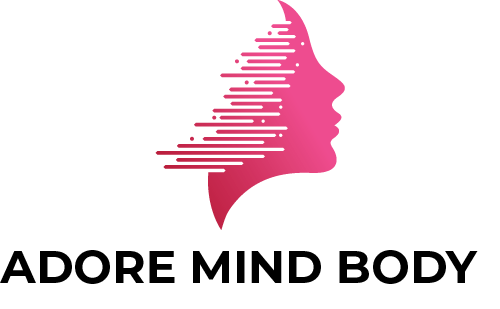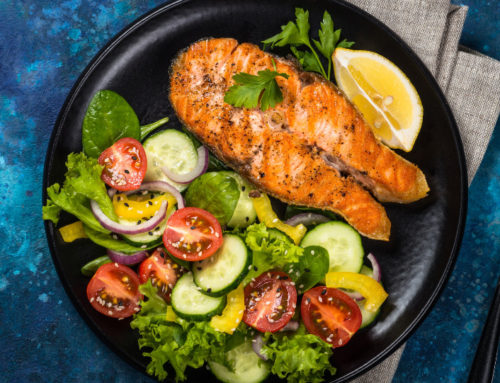Key Takeaways:
- Supplements can fill nutritional gaps but shouldn’t replace whole foods.
- Common types include vitamins, minerals, protein, amino acids, and herbal extracts.
- Some supplements have strong scientific backing, while others lack evidence.
- Overuse or incorrect dosing can cause health risks.
- Third-party testing ensures safety and quality.
- Always consult a healthcare professional before taking any supplement.
What Are Supplements & Why Do People Take Them?
Supplements are nutritional products that contain vitamins, minerals, amino acids, or herbs. They come in different forms:
✅ Tablets & Capsules → Used for vitamins and minerals.
✅ Powders → Popular in protein and workout supplements.
✅ Liquids & Tinctures → Found in herbal extracts.
✅ Gummies → A convenient option but may contain added sugar.
Why do people take them?
- To fill nutritional gaps (e.g., vitamin D for those who get little sun).
- For better athletic performance (e.g., creatine and BCAAs).
- To support specific health conditions (e.g., omega-3 for heart health).
But do they really work? Some have scientific backing, while others rely on marketing hype.
The Most Popular Types of Supplements
| Type | Examples | Purpose |
|---|---|---|
| Vitamins | Vitamin D, Vitamin C, B12 | Immune system, energy production |
| Minerals | Magnesium, Zinc, Iron | Bone health, muscle function |
| Protein | Whey, Casein, Plant-Based | Muscle recovery, weight management |
| Amino Acids | BCAAs, L-Glutamine | Workout recovery, endurance |
| Herbal Supplements | Ashwagandha, Turmeric, Ginseng | Stress relief, inflammation support |
| Omega-3s | Fish oil, Algae oil | Brain and heart health |
| Probiotics | Lactobacillus, Bifidobacterium | Gut health, digestion support |
Do You Really Need Supplements?
Most people don’t need supplements if they eat a balanced diet. Whole foods provide:
✔ Better nutrient absorption compared to synthetic versions.
✔ Fiber & additional compounds not found in pills.
✔ Lower risk of toxicity from high doses.
But some groups may need supplements:
- Vegans & Vegetarians → Vitamin B12, Iron, Omega-3.
- Pregnant Women → Folic Acid, Iron.
- Older Adults → Vitamin D, Calcium.
- Athletes → Protein, Creatine, BCAAs.
Before taking any supplement, ask yourself:
❓ Do I have a deficiency?
❓ Can I get this from food instead?
❓ Is the supplement third-party tested?
Supplements That Actually Work (Backed by Science)
Not all supplements are equal. Some have strong research backing, while others are overhyped.
✅ Scientifically Proven Supplements
✔ Vitamin D → Supports bone health, immune function.
✔ Creatine → Boosts strength, endurance, and brain function.
✔ Omega-3 (Fish Oil) → Reduces inflammation, supports brain health.
✔ Magnesium → Helps with sleep, muscle relaxation.
✔ Probiotics → Supports gut health and digestion.
🚫 Supplements with Weak or No Evidence
❌ Fat Burners → Most don’t actually “burn” fat.
❌ Detox Teas → Your liver detoxifies naturally.
❌ Collagen Supplements → Mixed research; eating protein may be just as effective.
❌ High-Dose Multivitamins → May increase health risks instead of benefits.
How to Choose High-Quality Supplements
The supplement industry is not well-regulated, meaning some products contain hidden additives or inaccurate labels.
✅ What to Look For
- Third-party testing (e.g., NSF, USP, Informed Choice).
- No artificial fillers, dyes, or harmful additives.
- Transparent ingredient list with proper dosages.
- Positive reviews from reliable sources.
❌ What to Avoid
- Proprietary blends (they hide ingredient amounts).
- Supplements with exaggerated claims (“Burn fat fast!”).
- Very cheap supplements (often low quality).
Always check with a healthcare provider before taking new supplements.
Can Supplements Be Harmful?
Yes—if taken incorrectly. Here are some risks:
☠ Overdosing – Too much vitamin A or iron can be toxic.
⚠ Contaminants – Some supplements contain harmful chemicals or heavy metals.
🚫 Drug Interactions – Some supplements affect medication effectiveness.
Example: St. John’s Wort can make birth control pills less effective.
Always start with small doses and check for potential interactions.
Supplements vs. Whole Foods: Which Is Better?
Supplements should not replace whole foods.
Whole Foods Provide:
✔ A balanced mix of nutrients (vitamins, minerals, fiber).
✔ Better nutrient absorption than synthetic versions.
✔ Lower risk of overdosing.
Supplements Are Useful For:
✔ Fixing deficiencies (e.g., iron for anemia).
✔ Filling dietary gaps when whole foods are unavailable.
✔ Supporting specific health needs (e.g., omega-3 for brain health).
Best strategy? Food first, supplements second.
Best Practices for Taking Supplements
To maximize benefits, follow these guidelines:
- Take fat-soluble vitamins (A, D, E, K) with food → Better absorption.
- Avoid taking iron with calcium → They block each other’s absorption.
- Refrigerate probiotics → Keeps bacteria alive.
- Take magnesium before bed → Helps with sleep and relaxation.
Less is more. Only take what you actually need.
Frequently Asked Questions
Are supplements necessary?
Not always. If your diet is balanced, you may not need them.
What are the safest supplements?
Vitamins like D and B12, omega-3s, and magnesium have a good safety profile when taken correctly.
Can supplements cause side effects?
Yes. Too much of certain vitamins (like A or iron) can be toxic. Some herbs can interfere with medications.
How do I know if a supplement is high quality?
Look for third-party certifications like NSF, USP, or Informed Choice. Avoid proprietary blends.
Do supplements expire?
Yes. Expired supplements may lose potency and could be unsafe to consume.
Final Thoughts
Supplements can be beneficial, but they’re not magic pills.
✔ Prioritize real food.
✔ Take only what you need.
✔ Choose trusted brands.
✔ Talk to a healthcare professional before adding new supplements.






